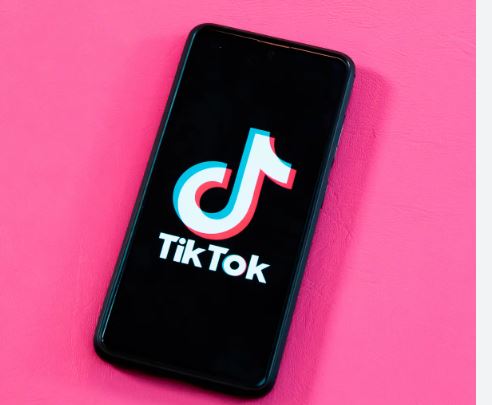The Kenyan government and social media platform TikTok have come to an agreement to collaborate on reviewing and monitoring content flow within the country.
The accord was reached during a virtual meeting between President William Ruto and TikTok CEO Shou Zi Chew on Thursday morning. As part of the agreement, TikTok will establish an office in Kenya to oversee its operations on the continent.
President Ruto assured that the content on the short-form video platform will adhere to established guidelines. The CEO of TikTok affirmed his commitment to moderating content according to community standards, ensuring the removal of inappropriate or offensive material from the platform.
Concerns about inappropriate content on TikTok have been raised in Kenya, prompting discussions at the National Assembly and among the general public.
The CEO also pledged to employ more Kenyans to contribute to the platform.
The meeting follows President Ruto's recent promise to address content moderation and monetization on TikTok, aimed at benefiting users who engage with the platform positively.
"We have heard about the challenges that are in that space. And like we have content moderation in platforms such as YouTube and Twitter, tomorrow morning we will have the same conversation with the global CEO of TikTok," President Ruto stated during his recent remarks at Nakuru State Lodge.
President Ruto also highlighted Kenya's achievements in content monetization on YouTube, noting that the country has reached 80 percent monetization, positioning itself as one of only four African nations to achieve this milestone.
Recently, Ben Ndolo, the Executive Officer of Bridget Connect Consultancy, submitted a petition to the National Assembly, calling for the consideration of banning TikTok's use in the country.
Ndolo's petition highlighted concerns about explicit sexual content on TikTok, which he argued exposes young people to inappropriate material. He further contended that the platform's popularity among youth was overshadowed by its promotion of violence, explicit sexual content, hate speech, vulgar language, and offensive behaviors, posing a significant threat to cultural and religious values.

